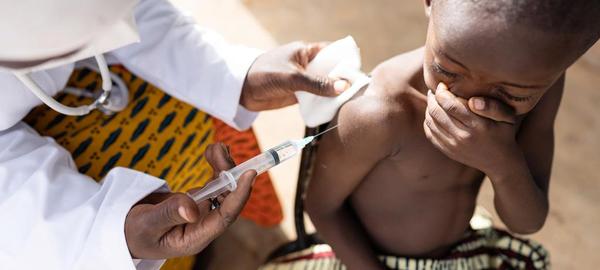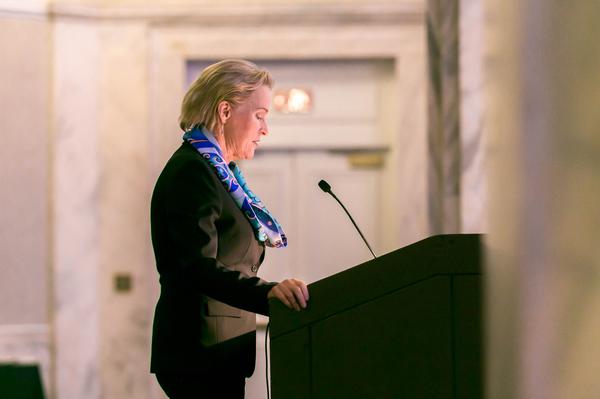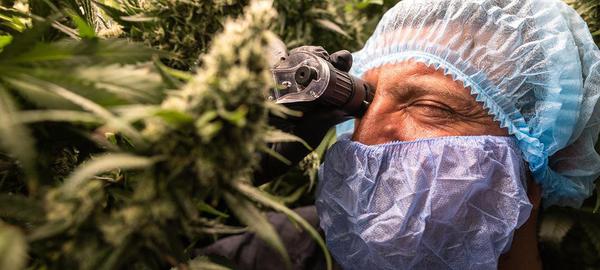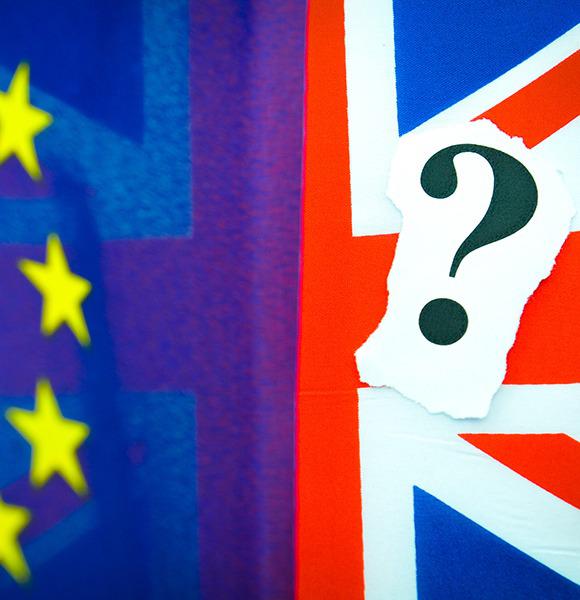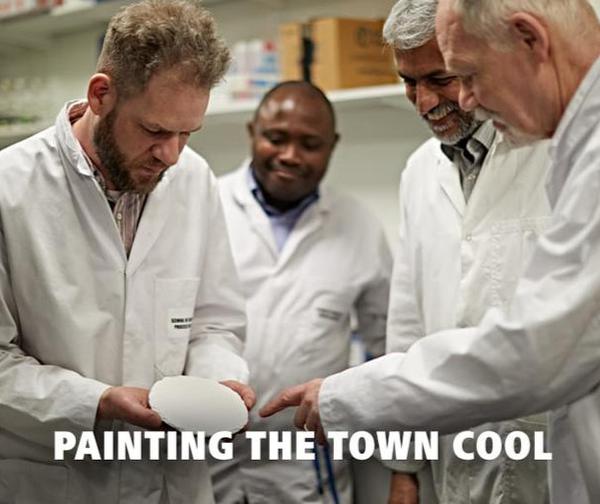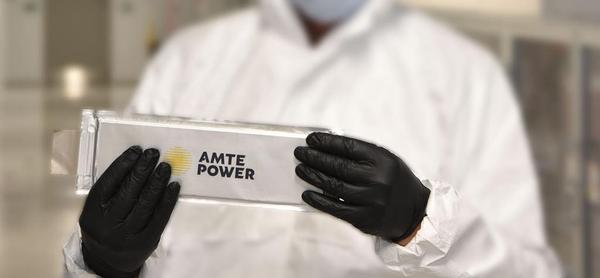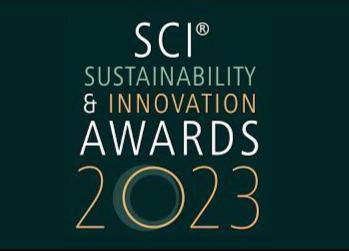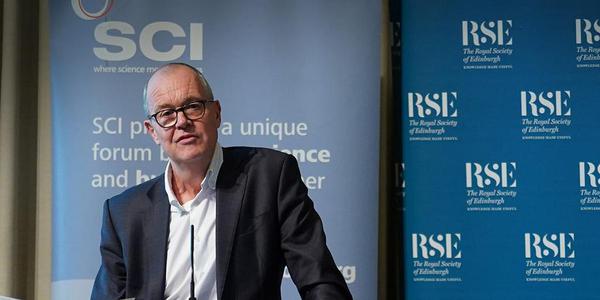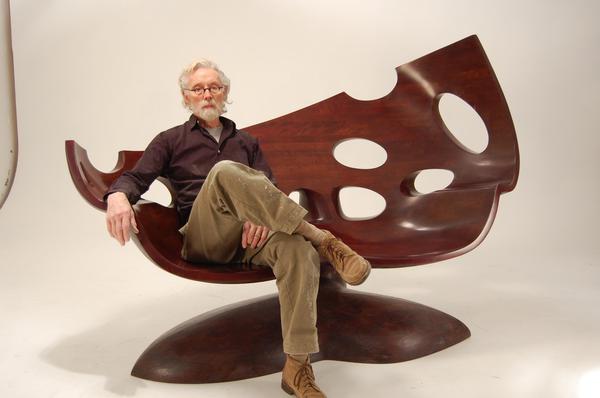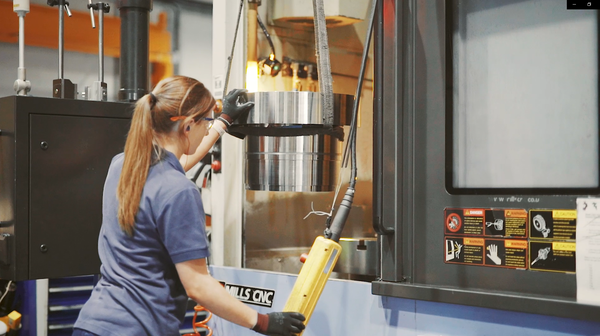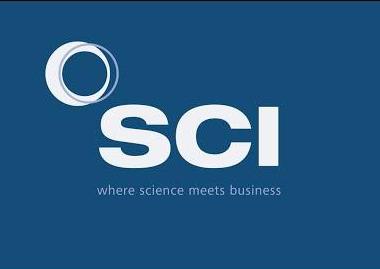SCI – Where Science Meets Business
•
12th July 2023
New Zealand is now a part of Horizon Europe. The UK is not. Time for Plan Z?
The UK science and industry community is awaiting an update on the country’s potential re-admittance as a member of the Horizon Europe collaboration programme – a week after UK and EU negotiators agreed a draft deal on Britain’s re-entry to the programme, during which time New Zealand, a country some 11,000 miles from Brussels, signed an agreement to join.
It was understood that Prime Minister Rishi Sunak would be meeting with EU President Ursula von der Leyen yesterday on the margins of the NA
